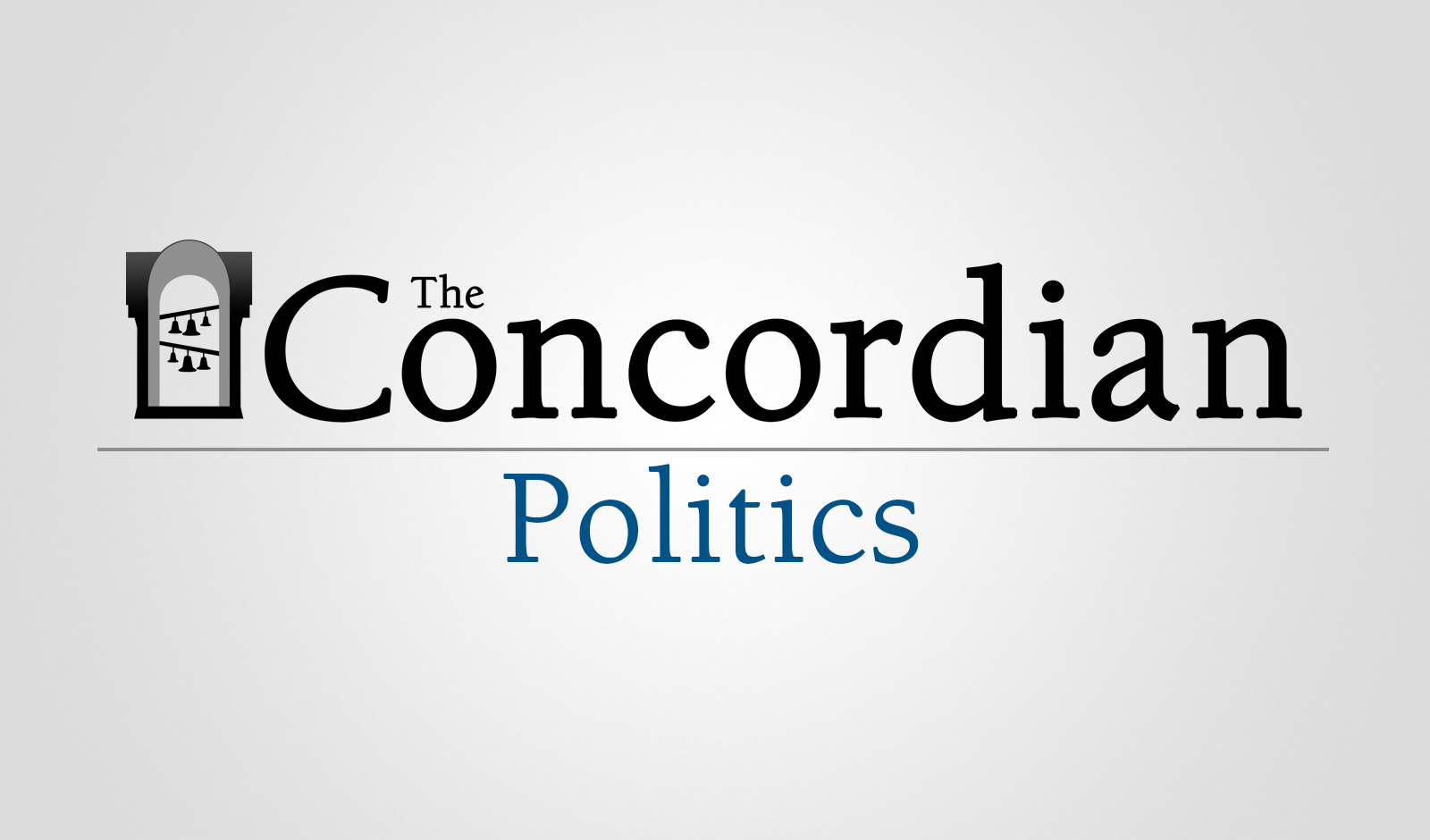The Republican Party has gotten flak lately for their sexist commentary regarding female democratic politicians. From Hillary Clinton to Wendy Davis, hardline Republicans have been commenting on everything from policy positions they disagree with to perceived physical flaws of female Democratic leaders. These male Republican leaders seem to be putting a collective foot in the mouth of the Republican Party, but that’s not necessarily the case. These comments aren’t stupid, they’re strategy.
A 2010 study by the research-based group Lake Research Partners out of Washington, D.C. on the effect of sexist language in voter behavior shows that these derogatory comments do actually pay off for those slinging insults. The “Name It. Change It.” study introduced an experimental campaign simulation in which two highly qualified Congressional candidates—one male, one female, were the subject of various opinion articles regarding their recent stances on policy matters. A control group was given opinion articles did not include sexist language, and an experimental group was given articles that referred to the female candidate in derogatory ways. These include the phrases “mean girl” and “ice queen”, and one described the candidate as “the most expensive prostitute in the history of prostitution. She may be easy, but she’s not cheap.”
All demographics responded negatively. Men, women, voters under 50, voters over 50, non-college graduates, and college graduates alike were all less likely to vote for the female candidate after reading sexist remarks about her. Male politicians and candidates spewing insults were negatively affected by their actions, but not nearly to the extent that the victim of the comments was.
It’s the Republicans who have certainly garnered attention lately for their sexist comments, but Democrats have utilized this strategy in the past as well. While Republicans call Wendy Davis “Abortion Barbie”, if we think back to 2008 we’re reminded that the Democrats adopted the nickname “Caribou Barbie” for Sarah Palin. Even New York Times op-ed columnist Maureen Dowd was happy to demean Palin by moving beyond policy and leadership criticisms and commenting on Palin’s “girlish burbling” and her now-thin and “dewy” skin.
The results of a cost-benefit analysis are clear. Female politicians are hurt more in the eyes of voters by being called, for example, an empty dress than are the male politicians who spew these insults. When the image that women are unable to successfully govern is perpetuated, the perceived illegitimacy of female leaders becomes even more cemented in the minds of the American public.
The American political climate is rife with anger and negativity, and it is so because it’s empirically proven that attack ads pay off for the candidate putting them forth. It pays to be angry and negative. Campaign managers do what is proven to get votes. Despite how much the public says it doesn’t like the negative tone of campaigns, empirical studies of persuasion show that negative messages are more likely to produce results, especially in regards to voting. Sexist comments go a step further, though. Instead of attacking policies and negative characteristics of a candidate, sexist comments serve as an attack on a candidate’s gender.
It’s not the end of female politicians, though. When sexist insults are fired, female politicians have the ability to utilize those statements for political mobilization. There is no better tool for fundraising than anger. While the Republicans are happy to spew insults, the Democrats are happy to utilize them for personal profit. Emily’s List, a political action committee dedicated to getting Democratic, pro-choice women elected, is happily watching as insults are slung at their candidates. The PAC has raised record amounts this election cycle: $25 million in just this election cycle, which has huge implications for the politicians they support. Political campaigns without substantial backing can’t compete with the wealthy opposition. Without capital flowing in, candidates are unable to achieve the same name recognition, public understanding of platform issues, or media buzz as their competition, especially since the Citizens United decision. Supporters of female politicians are incentivized to donate to the campaigns of women who have been demeaned. Fundraising branches of campaigns are given clear examples to point to that anger supporters and compel them to get engaged in the fight for office.
While sexist comments may be extremely harmful to a female candidate in a controlled experiment, the fundraising possibilities that come from those comments lead the situation away from being so clear-cut. Women seeking elected office face an uphill battle because of the incredibly male-dominated nature of the American political realm. Great social changes must happen for women to gain equal footing in politics, and those changes will have to occur in the face of all those who benefit from the absence of women in political office.

